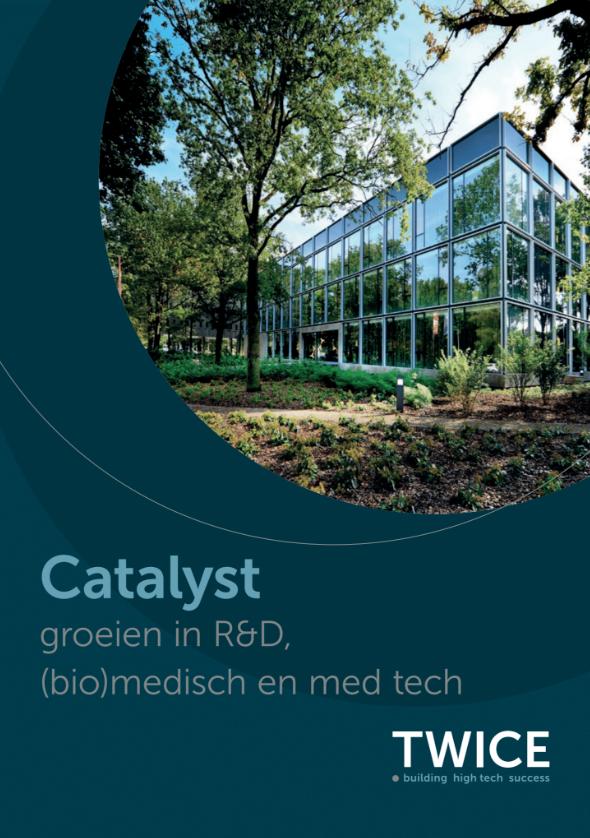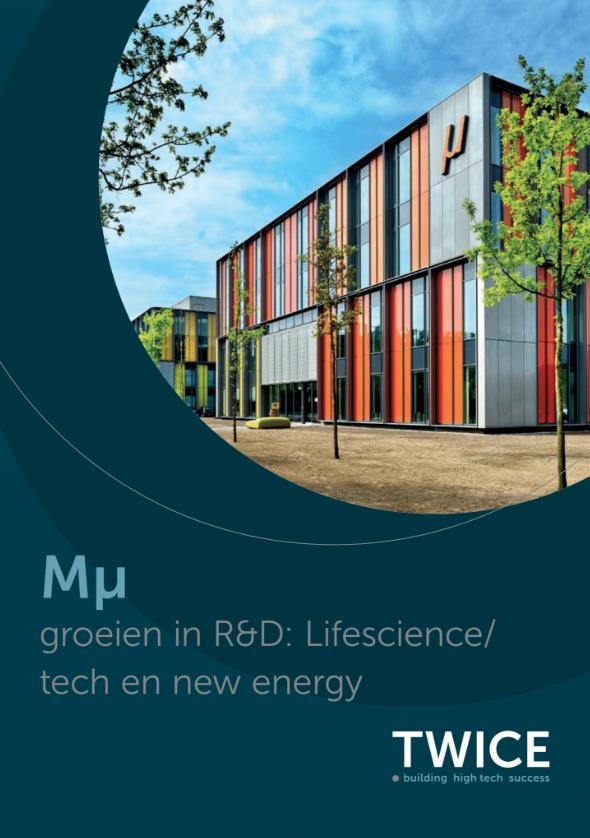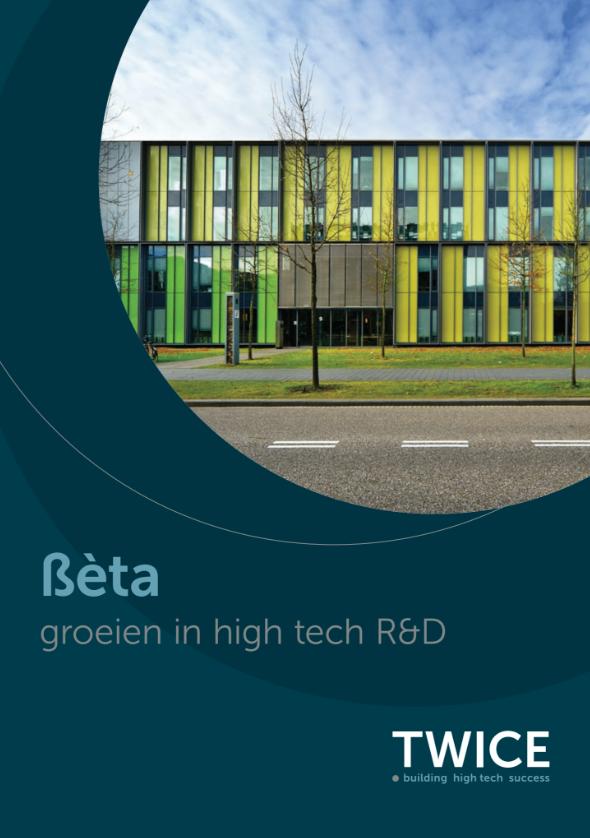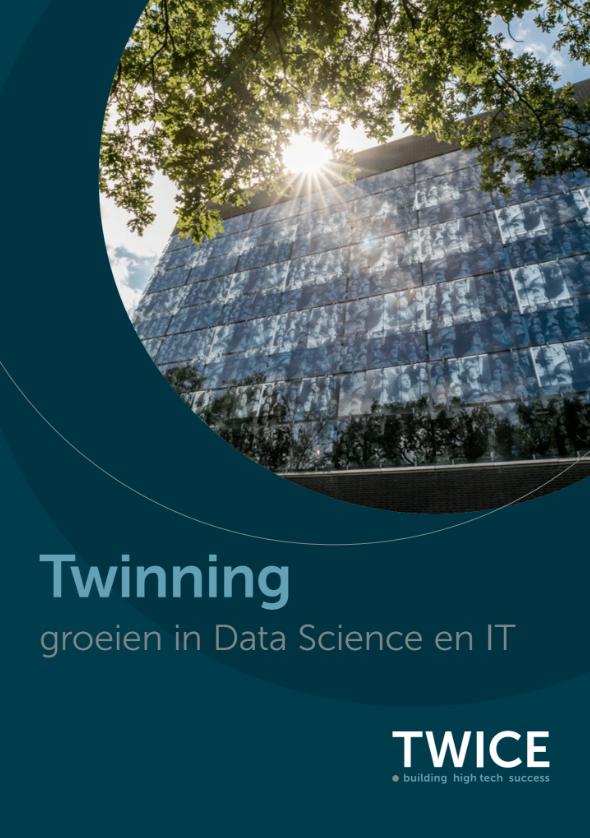Op consultancy.nl lezen we deze week een aansprekend artikel van Rogier Offerhaus over verandering in deze tijden: ‘Transformatie is het nieuwe normaal’.
Hadden we deze crisis aan kunnen zien komen is de grote vraag?
Rogier Offerhaus van strategisch adviesbureau People Change geeft aan dat het zeker was dat er weer een crisis aan zou komen, maar deze was natuurlijk onbekend. Dat bedrijven geen rekening houden met een mogelijke crisis is op z’n minst zeer opmerkelijk. De één spreekt van een unieke crisis, de ander van het nieuwe normaal. De coronapandemie is niet de eerste crisis en zeker ook niet de laatste. Uniek is de crisis dus allerminst, en dat de wereld nooit meer wordt als voorheen betekent niet dat we straks in een nieuw normaal zitten: ook de nieuwe wereld zal blijven veranderen. Oftewel: verandering en transformatie vormen de enige constante. En daar geloven wij ook zeker in. Volgens Rogier zit in ons hoofd dat stijgende lijnen normaal is, maar dat is het natuurlijk niet. Wat nu gebeurt is juist normaal: het is niet eeuwig zomer, er komt altijd weer een winter, een nieuwe crisis. Als bedrijf moet je dus begrijpen dat transformatie en continue veranderen het nieuwe normaal is.
Veel bedrijven lijken hun kop in het zand te steken. “Booking.com keert jarenlang enorme winsten uit aan aandeelhouders, en houdt nu de hand op bij de overheid omdat het geen enkele buffer voor een crisis heeft opgebouwd”, aldus Offerhaus. “De overheid stopt 20 miljard in de economie, en nog eens 13 en daarna misschien nog eens 10, bij elkaar meer dan 40 miljard euro! En dan maar hopen dat het weer wordt zoals het was. In plaats van alleen maar te proberen deze ene crisis te bezweren, moeten we leren hoe we veel beter omgaan met virussen en crisissen. Hoe we een crisis als een kans voor transformatie beschouwen.”
Uit de lucht
Daarvoor moeten bedrijven hun manier van denken grondig omgooien. “We zijn geprogrammeerd om alleen maar productief te zijn”, vertelt Offerhaus. “Als het goed gaat moet er continu geld verdiend worden. Er blijft geen tijd over voor persoonlijke of professionele opleiding, transformatie, reflecteren, bewustwording of om na te denken over de toekomst.” Als voorbeeld wijst hij op de luchtvaart: “Er zitten nu 20.000 mensen thuis op de bank. Die hebben alle tijd om na te denken over wat de volgende stap zou kunnen zijn in hun ontwikkeling, te werken aan hunzelf. De ceo en alle leidinggevenden hebben nu een geweldige kans en alle tijd om samen met hun 20.000 collega’s de eigen organisatie te transformeren zodat die nog beter, slimmer, anti-fragieler en crisisbestendiger wordt. Maar dat kan nu niet: ‘We hebben nu geen omzet en we kunnen nu geen kosten maken.’ En straks als er weer gewerkt wordt is er wel geld maar geen tijd, want dan moet iedereen in het vliegtuig zijn werk doen. En zo gebeurt er uiteindelijk nooit wat.”
“Doordat we niet gewend zijn om te gaan met het idee van constante verandering, verkrampen we nu massaal”, legt Offerhaus uit. “Bedrijven, managers en piloten zitten te wachten tot de baas met een oplossing komt, terwijl die baas nu bij de overheid moet aankloppen voor miljarden. Terwijl de luchtvaart het beste voorbeeld is van een industrie die heel vaak met crisissen te maken heeft – zoals een vulkaan in IJsland die uitbarst of een vreselijke aanslag op New York op 9-11 – en je mag verwachten dat zij zich daarop voorbereiden.”
Om wél open te staan voor de mogelijkheden en kansen moet transformerend worden gedacht: “Je kijkt wat de specifieke kennis en vaardigheden zijn die een bedrijf heeft. Hoe kun je die uit elkaar trekken en op een nieuwe manier in elkaar zetten? Dan ontstaat er ineens een heel ander bedrijf. Dan maak je van een rups een vlinder. Mensen vinden het alleen eng, omdat je alles uit elkaar trekt en ter discussie stelt. Daarom doe ik dit liever als het goed gaat – je kunt beter het dak verbouwen als de zon schijnt –, maar dat vraagt wel echt leiderschap van de ceo en leidinggevenden.”
“Vroeger vonden we een verandertraject heel spannend, nu is dat normaal en hebben veel bedrijven daar hun kennis en vaardigheden in opgebouwd om dit snel en meerdere keren per jaar te kunnen doen. De bedrijven die nu gaan investeren om hun organisatie snel en goed te kunnen transformeren zijn de winnaars van morgen. Transformerende bedrijven zijn het nieuwe normaal.””
Tegen de wind in zeilen
In plaats van kijken naar wat iets zou kunnen worden, houden mensen liever vast aan wat ze hebben, zo legt Offerhaus uit: “We denken dat we controle hebben, maar dat hebben we niet. Net zoals het niet onmogelijk is tegen de wind in te zeilen, kun je alles op alles zetten om het bestaande in stand te houden. Offerhaus’ punt is echter dat dit meestal niet verstandig is. “Je gaat allemaal tijd, geld en energie stoppen in het vechten tegen de verandering die uiteindelijk toch wel plaatsvindt. Je hebt alleen controle over wat je zelf doet. Steek al die tijd, geld en energie daarom liever in het bewust meegaan in de verandering.”
En zelfs als een bedrijf zo’n verandering niet overleeft is dat volgens Offerhaus geen ramp: “Wij hebben nog veel te veel het idee dat we dat uit alle macht moeten voorkomen, alsof wij dan doodgaan. De gemiddelde levensduur van een bedrijf is tegenwoordig vijftien à twintig jaar. Dus je kunt er beter van uitgaan dat het op een gegeven moment stopt. En dat is helemaal niet erg. Als je ervoor openstaat komt er altijd weer iets nieuws. Als er een deur dicht gaat in het leven gaat er ook altijd weer een nieuwe deur open.”





